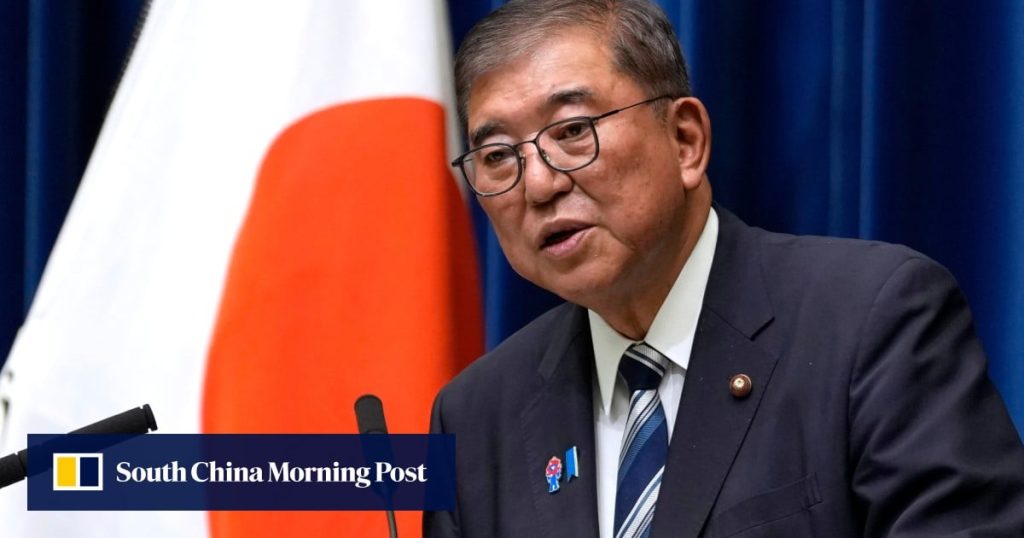Japanese Prime Minister Shigeru Ishiba’s resignation after less than a year in the job might not be surprising, but it will add to uncertainty over relations with China.
“Now is the time for me to resign as the negotiations on US tariffs have come to an end,” Ishiba said on Sunday, citing a trade deal reached with the United States on Thursday that cuts tariffs on Japanese car imports from 27.5 to 15 per cent.
Ishiba’s announcement came a day before his Liberal Democratic Party was to decide whether to force him out, after the ruling coalition suffered a historic defeat in a July election that left it without a majority in the upper and lower houses for the first time since 1955.
Chinese foreign ministry spokesman Lin Jian declined to comment on the resignation on Monday, calling it “a matter of Japan’s internal affairs”.
Whoever takes over from Ishiba will have to navigate the rocky China-Japan relationship, and analysts expect Tokyo will continue to see Beijing as a strategic competitor.


